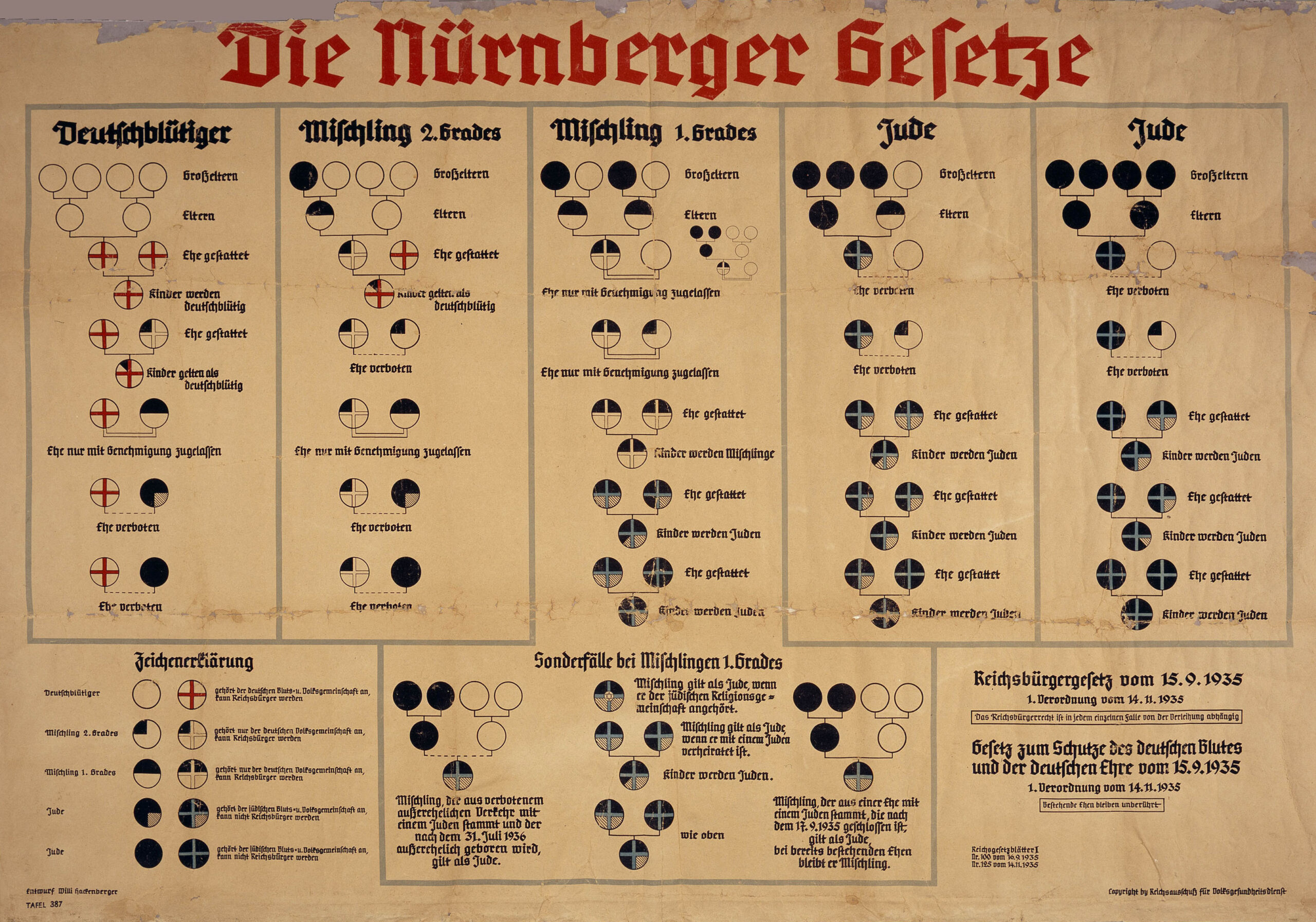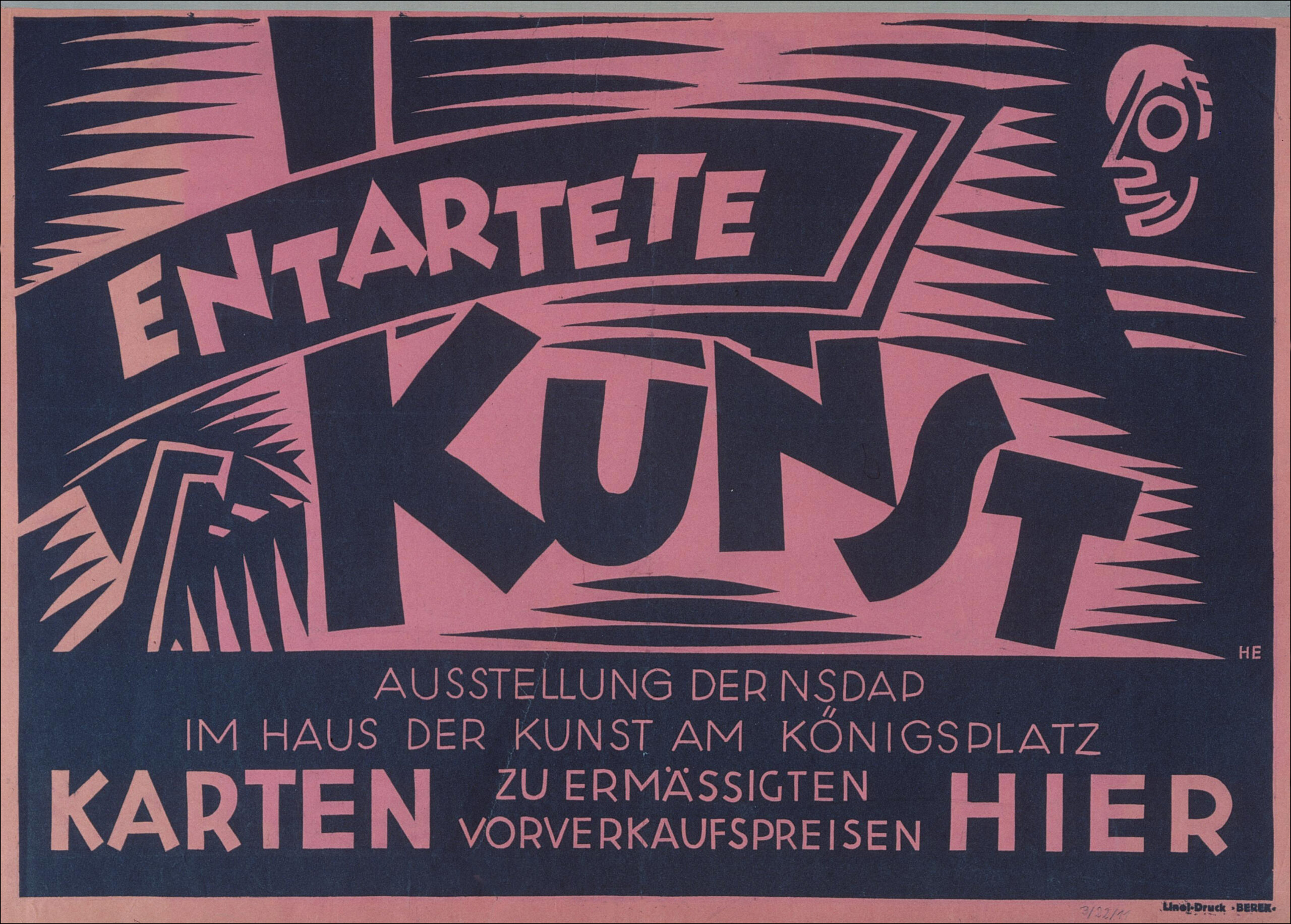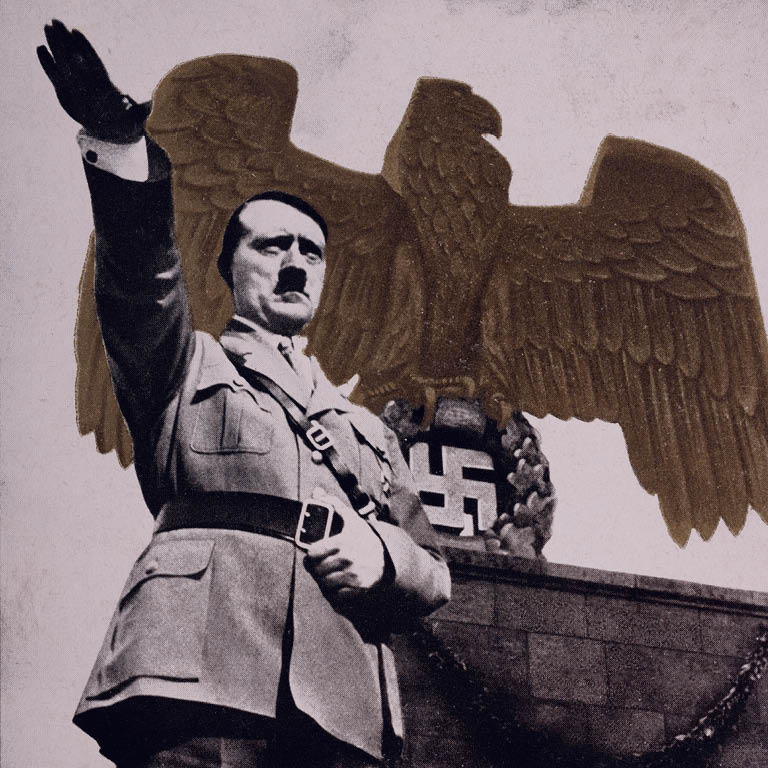The rise of Adolf Hitler to power in Germany was a pivotal event leading towards the Second World War. His appointment as Chancellor in 1933 and subsequent establishment of a totalitarian regime set the stage for aggressive expansionist policies and the eventual outbreak of global conflict.
The First World War victorious powers are not ready to enter the war for preserving freedom and justice. Following the so-called Anschluss annexation of Austria in March, Hitler also wants to bring German-speaking Sudetenland, a part of Czechoslovak Republic (ČSR), ‘home to the Reich’ under threat of violence. In Munich, England, France, Italy and Germany agree to German occupation of this territory. The ČSR has to comply with this resolution. Western politicians trustingly announce Peace for our time.
As its influence grew, Germany was the political model for Central Europe’s new states. Germany took advantage of the fact that the Versailles peace treaties had neither resolved the region’s conflicts, nor its problems which were worsened by the Soviet Union’s presence to the East. Radical movements gained momentum in Hungary as well. While the first Anti-Jewish Decree was based on religion, the restriction in the Second and Third Anti-Jewish Decrees were drawn on the basis of race.





